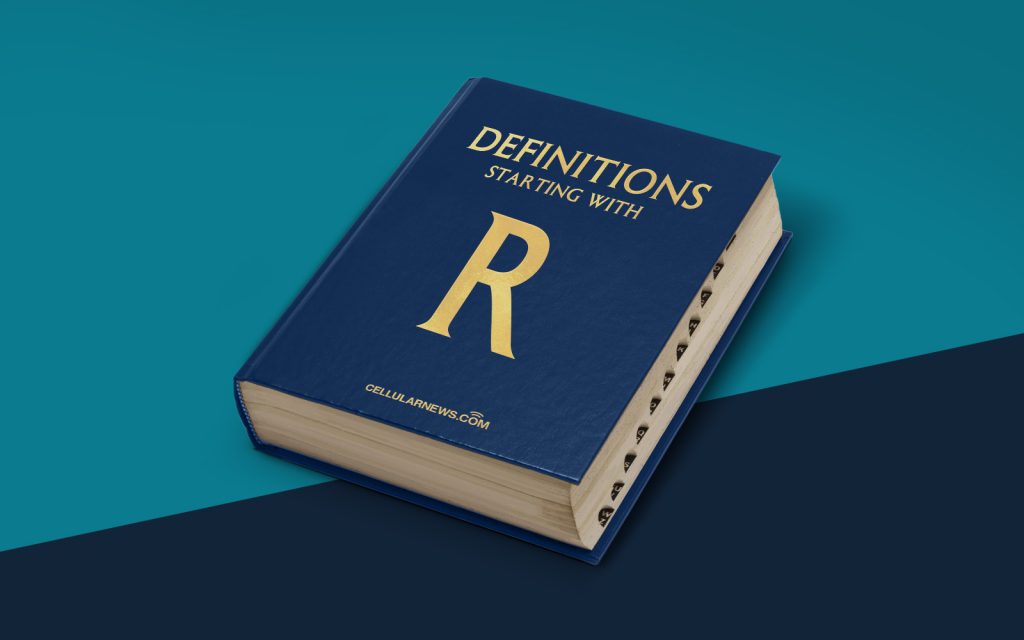
Understanding the Concept of Ripping
Have you ever come across the term “ripping” and wondered what it means? In this article, we will explore the meaning of ripping and its significance in different contexts. So, buckle up and get ready to delve into the world of ripping!
Key Takeaways
- Ripping involves extracting or copying data or content from one source to another.
- It originated from the action of ripping data from physical media like CDs or DVDs.
What is Ripping?
Ripping can be defined as the act of extracting or copying data or content from one source to another. It is a process that involves taking information from a specific medium and transferring it to a different format or device. The term originated from the action of “ripping” data from physical media such as CDs or DVDs.
Today, “ripping” is not limited to just physical media. With the advent of digital technology, it has expanded to include various digital formats such as movies, music, and eBooks. Ripping allows individuals to duplicate or transfer content to different devices for personal use.
Ripping in Different Contexts
Ripping has become a prevalent practice in different contexts due to its convenience and flexibility. Here are a few examples of how ripping is commonly used:
- Media Ripping: One of the most common forms of ripping is media ripping. This involves copying audio or video files from CDs, DVDs, or Blu-ray discs onto a computer or mobile device. By doing so, users can enjoy their favorite music or movies without having to use the original physical media.
- Website Ripping: Website ripping refers to the process of extracting content, images, or HTML code from a website. This is often done for various reasons, such as creating backups, offline browsing, or even illegal activities like plagiarism. Website ripping can be done through specialized software or by manually copying and saving the desired elements.
- Data Ripping: Data ripping is the process of copying data from one storage medium to another. This can include transferring files from a computer’s hard drive to an external storage device or duplicating information from one database to another. Data ripping is commonly used for backup purposes or when migrating data from one system to another.
While ripping can be a useful practice in certain situations, it is important to be aware of the legal and ethical implications. Copyright laws and terms of service may place restrictions on the ripping or duplication of certain content. It is always best to respect these rules and use ripping techniques responsibly.
So, the next time you come across the term “ripping,” you’ll have a better understanding of what it means and its various applications. Whether it’s ripping media, websites, or data, remember to use ripping techniques responsibly and within the boundaries of the law.
